It’s a common perception that poets spend all their time scribbling away in lonely garrets. Well, some of the time that’s true, but we also love a good social occasion; and you’ll find that groups meeting to workshop their poems, as well as festivals and readings can all be fairly uproarious affairs.
One of the highlights of the social year for poets is the annual gathering in the Ballroom of the Savile Club in London, when the winners of the National Poetry Competition and the winner of the Ted Hughes Award are both announced and invited to read to the assembled company of literary glitterati. Wine flows freely, we are constantly plied with canapés, we applaud the fortunate winners, meet up with old friends and make new ones. It all makes for a very jolly evening.
This year I was particularly struck by how far the Poetry Society has travelled in the last few years. The sticky period is now well in the past and there is a wonderfully positive and 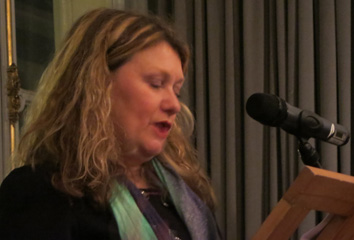 supporting atmosphere. Much of the credit for this goes, of course, to Judith Palmer and her excellent staff. They have worked tirelessly to bring off an amazing transformation and are to be congratulated not only on the way they have put right things that were wrong, but have also launched out into new and exciting endeavours.
supporting atmosphere. Much of the credit for this goes, of course, to Judith Palmer and her excellent staff. They have worked tirelessly to bring off an amazing transformation and are to be congratulated not only on the way they have put right things that were wrong, but have also launched out into new and exciting endeavours.
The Ted Hughes Award was set up by Carol Ann Duffy when she became Poet Laureate, and
 generously offered to donate her annual honorarium from HM the Queen to fund the £5000 prize each year. It is a little different from other prizes, honouring both excellence and innovation in poetry. This year the prize was won by Maggie Sawkins for her multimedia live literature production, ‘Zones of Avoidance’, which explores and reflects on her daughter’s descent into drug addiction.
generously offered to donate her annual honorarium from HM the Queen to fund the £5000 prize each year. It is a little different from other prizes, honouring both excellence and innovation in poetry. This year the prize was won by Maggie Sawkins for her multimedia live literature production, ‘Zones of Avoidance’, which explores and reflects on her daughter’s descent into drug addiction.
You can read some of Maggie’s poem on the Poetry Society website; but here’s a taste:
I’m reading ‘The Confessions of an English Opium Eater’ – 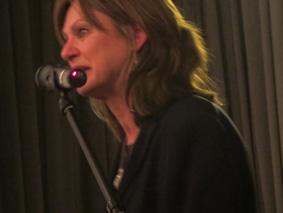
I want to understand what drove my daughter out in the snow
with no coat or socks, in search of a fix.
I want to understand what divinity led her
to set up camp in the derelict ‘pigeon house’
after running out of sofas to surf.
For those of us who write, our writing is often a way of trying to make sense of experience, attempting to understand ourselves, other people and the world as well as to celebrate it.
 Congratulations, too, to Linda France, who has won the 2013 National Poetry Competition for her poem ‘Bernard and Cerinthe’. With well over 12,000 entries, the winning poem is likely to be a bit special, and Linda’s poem certainly is. I’d like to insert an extract from the poem here, but it all hangs together so beautifully that it doesn’t feel right to take bits out. So buy the latest Poetry Review and read this wonderful poem in full. Congratulations should also go to the three judges, Julia Copus, Matthew Sweeney and Jane Yeh who undertook the mammoth task of reading all those thousands of poems. Obviously judging poetry competitions is always subjective, but it is impressive that these three were unanimous in their choice of first prize.
Congratulations, too, to Linda France, who has won the 2013 National Poetry Competition for her poem ‘Bernard and Cerinthe’. With well over 12,000 entries, the winning poem is likely to be a bit special, and Linda’s poem certainly is. I’d like to insert an extract from the poem here, but it all hangs together so beautifully that it doesn’t feel right to take bits out. So buy the latest Poetry Review and read this wonderful poem in full. Congratulations should also go to the three judges, Julia Copus, Matthew Sweeney and Jane Yeh who undertook the mammoth task of reading all those thousands of poems. Obviously judging poetry competitions is always subjective, but it is impressive that these three were unanimous in their choice of first prize.
Two prizes of £5000 each on one night makes it sound as though poets get a cushily life; but the reality for the vast majority of poets is that, apart from a trickle of financial reward from publications, small competition wins and readings, love and satisfaction are the main rewards they are likely to reap for their all-absorbing commitment to writing. But on an evening like the one I’m describing here, there’s also the fun of being part of a lively and talented community and spending an evening with like-minded people for whom poetry matters immensely.
1 Comment






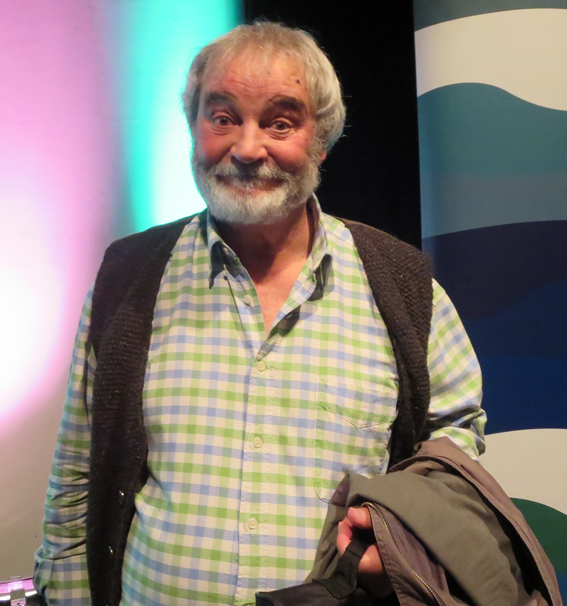
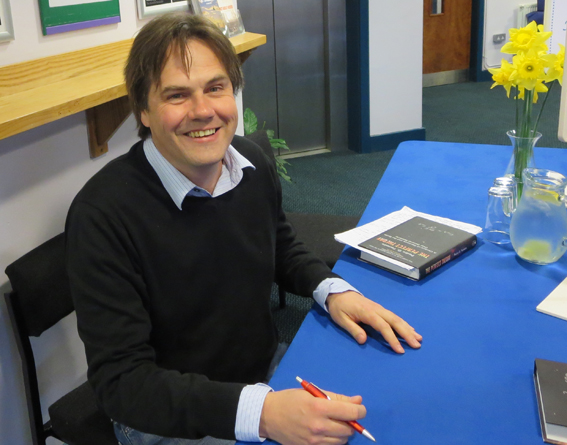




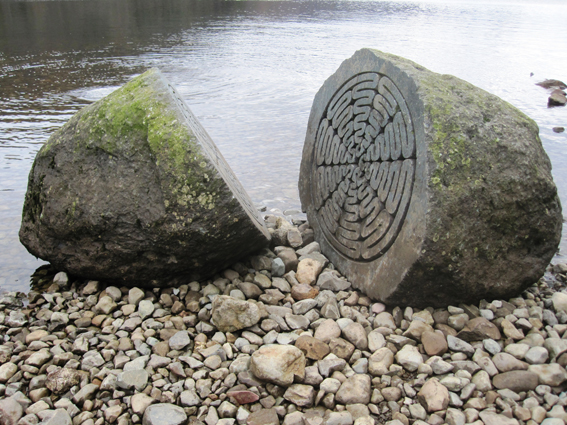




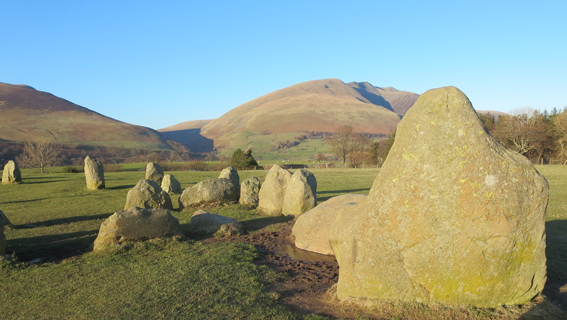




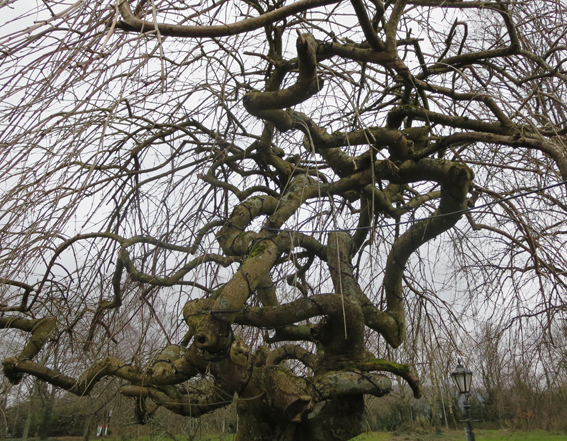



 Derwentwater. It’s a distance of a little over nine miles, but there’s a good spot for lunch half-way round where, yet again, we were able to eat outside. The terrain has been improved since the last time we trekked round the lake, so the walking was not difficult, and it was certainly a day for shorts and tee shirts. We were surrounded every minute of the day by so much beauty, both in the countryside through which we passed and also in the individual trees, flowers and lichens that we stopped to admire on the way.
Derwentwater. It’s a distance of a little over nine miles, but there’s a good spot for lunch half-way round where, yet again, we were able to eat outside. The terrain has been improved since the last time we trekked round the lake, so the walking was not difficult, and it was certainly a day for shorts and tee shirts. We were surrounded every minute of the day by so much beauty, both in the countryside through which we passed and also in the individual trees, flowers and lichens that we stopped to admire on the way.




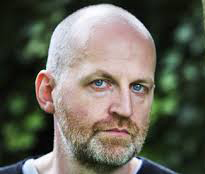







 The festival includes some short introductory presentations of half an hour, and Jolyon Mitchell gave one of these on the subject of Martyrdom, which is the title of his most recent book. The presentation was illustrated with slides of varying horror, ranging over modern martyrs right back through history. Half an hour was unsatisfactorily short for this talk, which was, of necessity, rather rushed. However, it left us with plenty of interesting questions for reflection and discussion.
The festival includes some short introductory presentations of half an hour, and Jolyon Mitchell gave one of these on the subject of Martyrdom, which is the title of his most recent book. The presentation was illustrated with slides of varying horror, ranging over modern martyrs right back through history. Half an hour was unsatisfactorily short for this talk, which was, of necessity, rather rushed. However, it left us with plenty of interesting questions for reflection and discussion.

